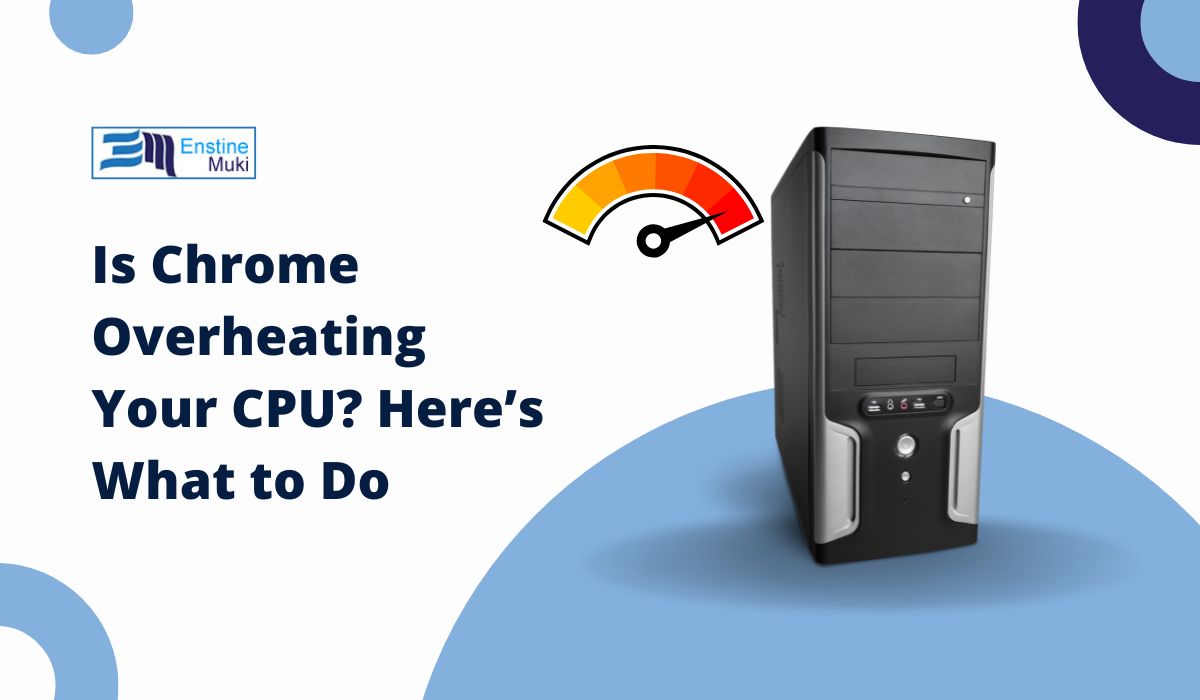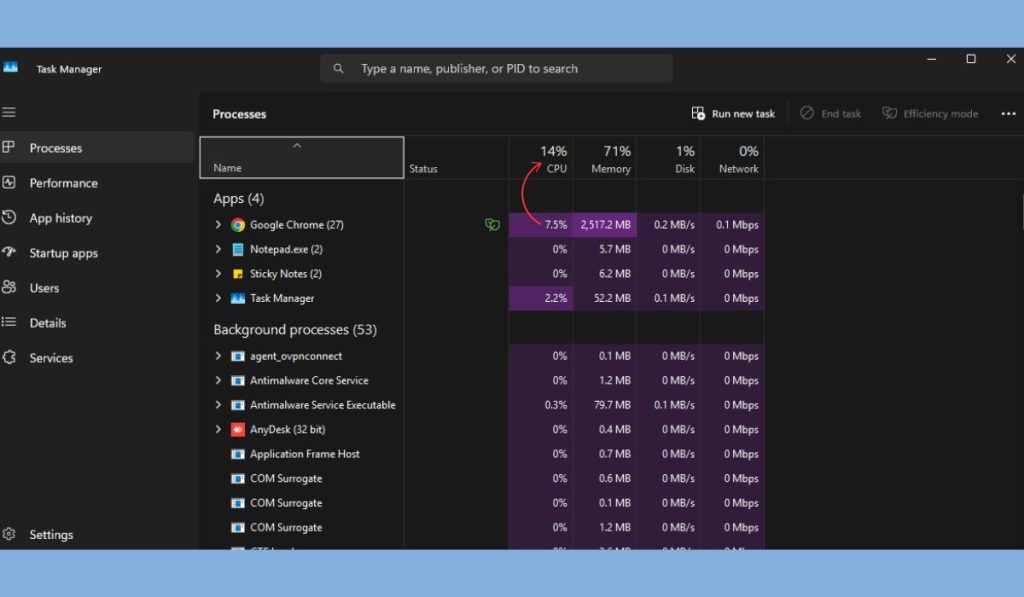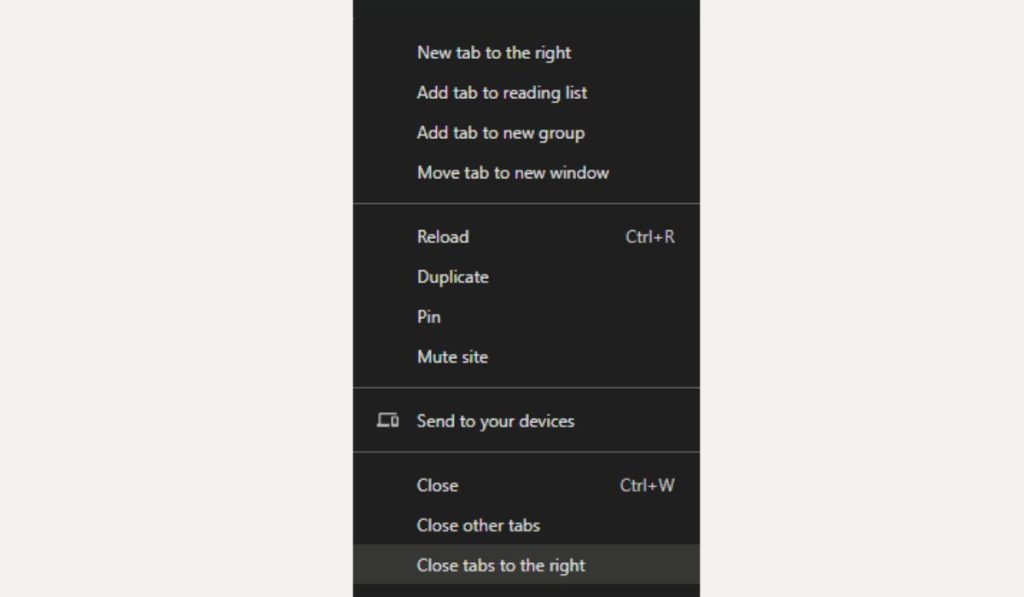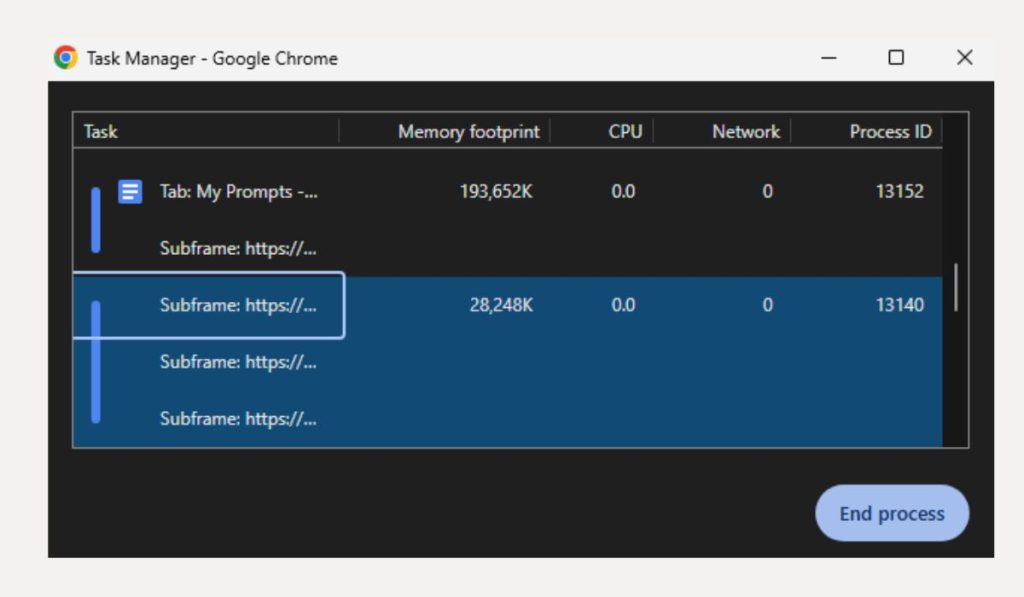If you’ve ever opened dozens of Chrome tabs and noticed your computer getting slower or even hotter, you’re not alone. Google Chrome, while powerful, is notorious for being a resource-heavy browser. Multiple tabs running simultaneously can push your CPU (Central Processing Unit) to its limits, causing it to heat up. This article will explain how excessive Chrome tabs affect your CPU, why this happens, and what you can do about it.
How Do Chrome Tabs Impact CPU Performance?
When you open a new tab in Chrome, it’s not just adding a webpage—it’s creating a new process. Chrome treats each tab, extension, and plugin as a separate entity to improve stability. If one tab crashes, the rest can continue working. However, this design also means more tabs equal more resource consumption.
The Role of Background Processes
Even if you’re not actively using all open tabs, many of them run background processes. These might include:
- JavaScript execution: Interactive features like ads, animations, and auto-refresh scripts.
- Multimedia content: Videos and music players that keep streaming.
- Extensions: Browser extensions that stay active across tabs.
All these processes can significantly increase CPU usage and, consequently, heat generation.
Signs That Chrome Tabs Are Overloading Your CPU
When your CPU is under heavy load due to too many Chrome tabs, you might notice:
- Increased Fan Noise: A clear sign your CPU is working harder to dissipate heat.
- Sluggish Performance: Apps and websites take longer to load, and your system feels unresponsive.
- High CPU Temperatures: If you monitor your CPU with tools like HWMonitor, you’ll see elevated temperature readings.
These symptoms indicate that it’s time to optimize your browser usage.
Solutions to Reduce CPU Load from Chrome Tabs
Follow the steps below to fix CPU load issues and make your browser run smoothly:
1. Close Unnecessary Tabs
One of the simplest solutions is to close tabs you’re not actively using. Instead of keeping everything open, use bookmarks or session-saving tools to quickly return to your work later.
2. Use Chrome’s Task Manager
Chrome has a built-in Task Manager that helps identify resource-heavy tabs.
- Open Chrome.
- Press Shift + Esc (or go to Menu > More Tools > Task Manager).
- Identify tabs or extensions using the most CPU and close them.
This allows you to target and eliminate specific tabs causing the most strain.
3. Install Tab Management Extensions
Extensions like OneTab or The Great Suspender can help manage your tabs more efficiently.
- OneTab: Converts all your open tabs into a list, reducing memory usage.
- The Great Suspender: Automatically suspends tabs that you haven’t interacted with for a while, freeing up resources.
4. Optimize Chrome Settings
Disable unnecessary extensions and turn off background apps when Chrome is closed:
- Go to Settings > Advanced > System and disable Continue running background apps when Chrome is closed.
Why CPU Overheats When Using Chrome
Your CPU generates heat as it processes data. When Chrome runs too many tabs, the CPU works harder to manage all the processes. This increases heat output, which your computer’s cooling system might struggle to handle, especially in laptops with limited airflow.
Preventive Measures to Avoid CPU Overheating
Taking proactive steps can minimize the risk of overheating:
- Limit Tabs Opened Simultaneously: Use tab groups or close tabs you don’t need.
- Use Lightweight Browsers: Alternatives like Firefox or Opera consume fewer resources.
- Monitor CPU Performance: Use tools like HWMonitor or Core Temp to keep an eye on CPU temperatures.
- Clean Your Device: Dust and debris can block airflow, reducing cooling efficiency.
FAQs About Chrome Tabs and CPU Usage
Does closing tabs reduce CPU temperature?
Yes, closing unused tabs reduces the workload on your CPU, which helps lower its temperature.
Why does Chrome use so much CPU?
Chrome uses separate processes for each tab, extension, and plugin to improve stability, but this also increases CPU usage.
How many tabs are too many for Chrome?
The number depends on your system’s hardware. On devices with limited CPU and RAM, even 10 tabs could cause issues, while high-end systems might handle 50 tabs without a problem.
Conclusion
Yes, too many Chrome tabs can heat up your CPU by overloading it with processes. While Chrome’s design prioritizes stability, it also leads to higher resource consumption. By closing unnecessary tabs, using task managers, and optimizing settings, you can reduce the strain on your CPU and keep your computer running smoothly.
Have tips for managing Chrome tabs? Share them in the comments below!



